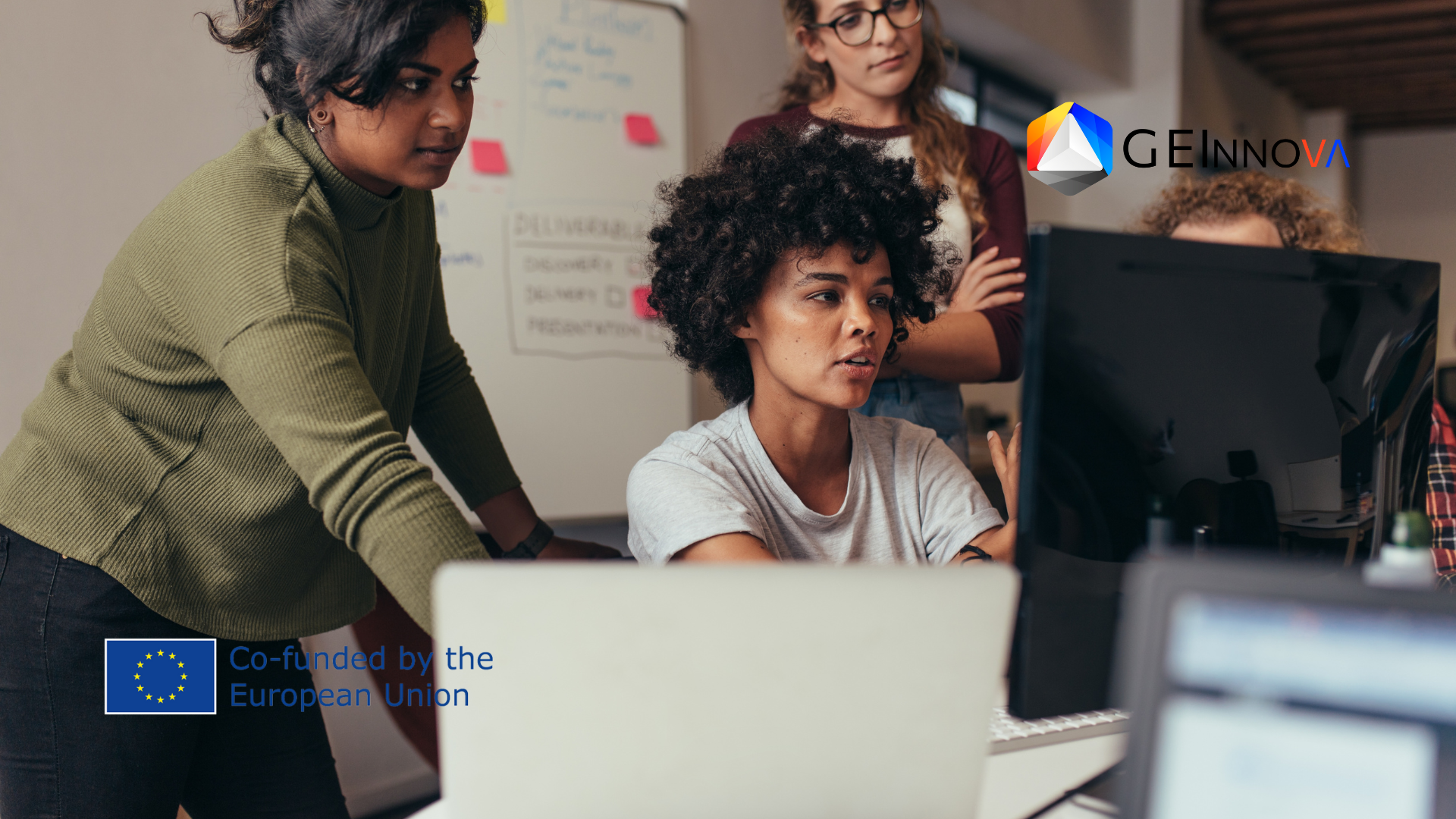The DigitUp project held its first transnational meeting on December 2 with the collaborating countries: Greece, Spain, Cyprus, Norway, Italy and Bulgaria.
DigitUp wants to achieve the transformation of small and medium-sized enterprises with the development of digital readiness. It wants to do this with measures such as:
– The support and spirit of creating a business environment that sustains digital capabilities.
– Ensuring access to and use of innovative learning practices in team-based projects.
– Increasing the public debate about the digital skills and knowledge of small and medium-sized enterprises and microenterprises
– The contribution to the reinforcement of the capacities of EU countries and stakeholders with the implementation of new digital training methodologies.
With this type of measures it is intended to cover three fields of relevance; digital competences and skills, digital practices, technologies and content and the development of multimedia education courses.
For the creation of the training and education course for teachers for their subsequent work to train the heads and directors of the mentioned companies, it is necessary to identify the needs of the sector, such as:
– The types of competencies demanded in this type of entities.
– The technological advances with which managers should familiarize themselves.
– The evaluation criteria to measure digital skills.
In the process of developing this project, synergies between the partners of the plan in the fields of education and youth will be improved by valorizing good practices (through templates) and local, regional or European strategies to increase the visibility of the websites of the selected companies and, therefore, their results.

In addition, the countries involved will be able to share their knowledge and experience with the different groups and connect with other relevant fields to develop innovative tools and methods to promote the results of the participating companies.
It’s time to get down to work and bet on DigitUp!















